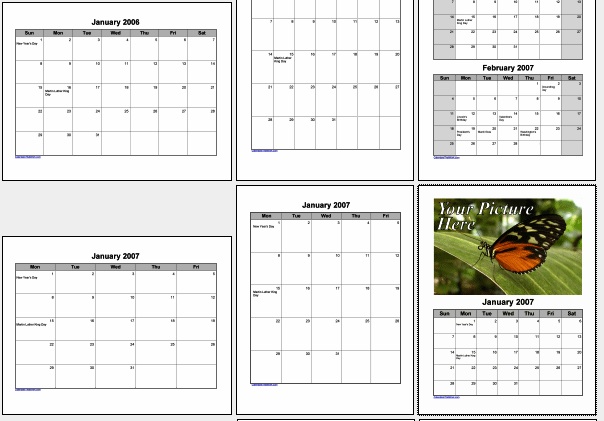I live in a world of discussions about “long tail” planning. We think we create the future through spreadsheets and programs, but I’m not so sure. We cannot even guarantee our next breath.
Here’s a provocative quote from a 1953 Dartmouth lecture by Eugen Rosenstock Huessy. He points out that the future doesn’t come because we plan it. It comes through those who chose to sacrifice the present.
The Dark Ages are not the Middle Ages, gentlemen. The Dark Ages are the ages of no women’s rights, of no real love between the sexes, of endless war. These 158 cities of which Aristotle has given us the constitutions, they were at eternal war with each other, and the Greeks never expected these wars ever to end. You had a caste system. You had warriors, eternal warriors as in India, to this day, you see. India has pre- served some of the features of antiquity as a warning.
Modern man in New York says, “We can do with cocktail parties instead of Paul, and go on to Aristotle, and Plato, and Socrates. We are witty. We are factual. And we are utopians. We found associations for the abolition of evil.” And I mean, if you think of what — Americans have tried over the last 100 years, you see, by willful association, they have really tried to — to exterminate every evil just by willpower.
It has never borne fruit. After 30 years, it was all forgotten — forgotten, all these wonderful improvement societies. We have reform governments, city government every eight years, you see. Then something is done for two years, and then six years of corruption, then we get another drive and people always believe in the ultimate good here, it seems, you see.
They always say, “Now we will be settled forever,” because they have no memory of the past. And they’ll never use anything that people could know for the last 2,000 years already. What does Paul remind the college community of, gentlemen? He enjoins on the college community the simple knowledge that in serious life, a road into the future is only open by sacrifice. You only create a new era if somebody asks for less than he can get.
That’s the deed of Jesus, that He asks — got less than He could have — had the right to ask for. Very simple, gentlemen. You try to get something for nothing. So you get stuck in the past. Anybody who tries to get something for nothing overemphasizes his given rights that he was already qualified to get. And he of course outbuys the future.
There is then less good to be had, because you have gotten too much. Jesus said — and said, “This is the way of life which all the pagans, all the Gentiles lead, and therefore I have to show that somebody asks for less than he can get, and thereby creates a surplus,” what the Catholic Church calls the {opus super erogatum}. Have you — do we have here a Roman Catholic? Who is? Have you heard of the — {opus super erogatum}, of the grace stored up in Heaven by the saints? Well, gentlemen, that’s true. That’s not just something you learn — we learned in Church. That is something for everyday use, my dear man.
If you have not in every family, and in every community some self-sacrificing people who give more of their time, their money, and even their reputation — because that’s the hardest to give, you see, in order to perform a service — if there is no unrecognized service in a community, this — community has no future. It runs down by gravity. It exhausts its resources, because the — most of the people do ask for more than they deserve.

